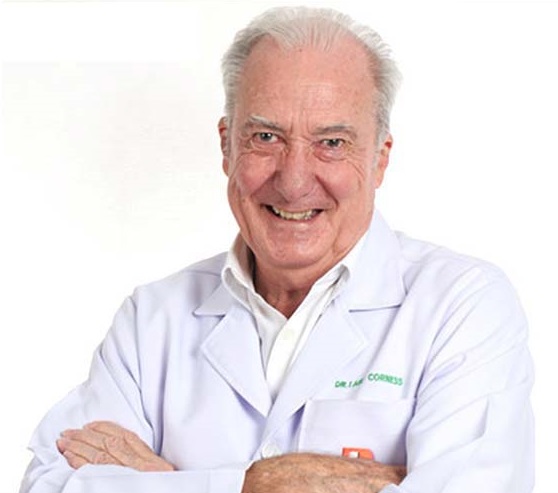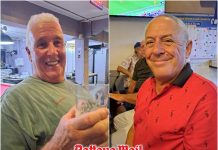

My recent column on breast cancer and Breast Self Examination (BSE) produced a response from Dr Michael Moreton, the former International Medical Coordinator at the Bangkok Hospital Medical Center in Bangkok. I have taken the liberty (with his permission) to reprint his letter.
“I was a specialist in Women’s Heath care for many years and the techniques used to screen for Breast Cancer are of special interest to me. I would like to make a couple of additional comments to add to Dr Iain’s words.
“I agree wholeheartedly that Breast Self Examination (BSE) is a useful method of monitoring the breasts. Every woman’s breasts are different in texture and the patient becomes an expert in her own breasts and can recognize changes that a doctor might miss. I suggest to patients that a good time is in the shower or while waiting for the water temperature to stabilize before getting into the shower.
“It is important to know the correct technique. You should press the breast tissue between the chest wall and the flat pads of your fingers, do not use the tips of the fingers. When you have your next physical exam ask your doctor to demonstrate how to do this. Every doctor has had the experience of a woman coming to see them and telling them that they have a breast lump and it is only with the woman’s instructions that the doctor can feel the lump. It’s a good technique; we both recommend that you do this self-examination regularly.
“The debate about Mammography swings one way and another. The modern machines are now using a digital technique. This has several advantages. With the older machines there was a worry that repeated mammograms might even cause cancer due to radiation. There is no chance of that now. With the computer we can also zoom in to worrying areas and get more information. Digital also has the advantage that the pictures can be sent electronically for a second opinion or put on a disk so that you can keep the pictures and show a doctor in another country if that is your wish.
“Ultrasound, can also be useful in certain situations. In order to perform mammography the breast has to be compressed between two plates and X-rayed, in women with small breasts this can be difficult and U/S may be a better method for these women. Similarly women with breast implants may be additionally assessed with this method. If I am particularly interested in one area of the breast I will ask the technician to look carefully at the area. The U/S can be angled in from different directions and this can be useful in examining a worrisome area of the breast. Most modern U/S machines also have a Doppler ability and they can identify areas of the breast with a particularly rich blood supply, which can be a sign of trouble.
“Another technique that has been discussed for several years and that you may read about is Thermography. In this method the patient is placed in a cool room and photographs are taken with a temperature sensitive camera. Hot spots on the breast can be identified. The problem is that not all hot spots are caused by cancers; I am not too enthusiastic about this method.
“The most exciting thing on the horizon is the use of genetic studies in assessing the chances of cancer in any one patient. We know that there are two genes BRCA1 and BRCA2 which can be inherited and will increase the chances of cancer developing. When this blood test is perfected any woman will be able to have a blood test to see if she has a high risk or a low risk of getting breast cancer. Then different screening programs can be arranged.
“A few dietary steps can be taken which may help to reduce the chances of cancer. A diet full of fat is thought to be dangerous; one more reason to avoid them. One positive step that mothers should take is to breast feed their babies as it is found that this activity is protective.”
(Thank you Dr. Moreton for reinforcing the message on BSE. From here, it is up to you, ladies!)






